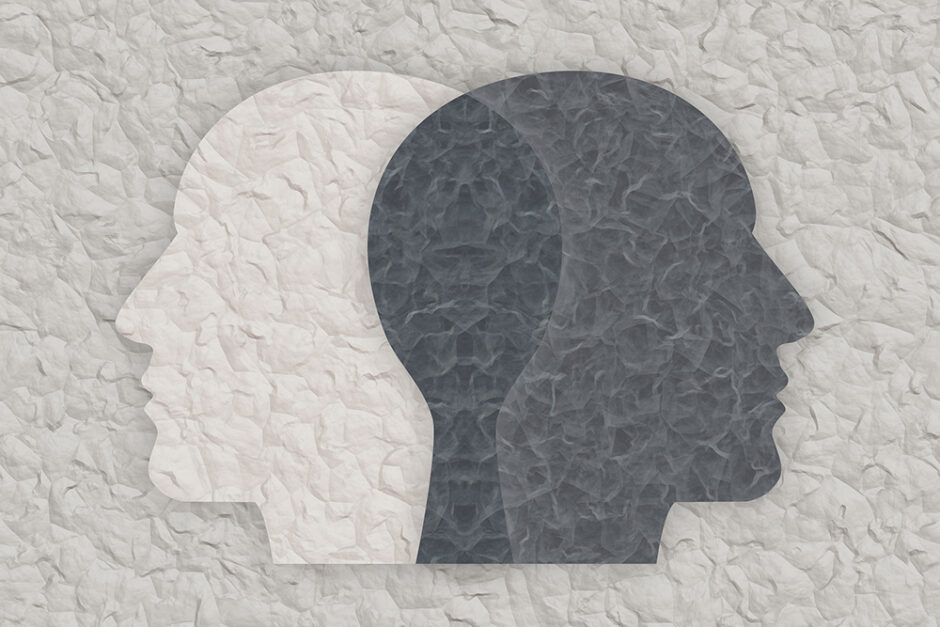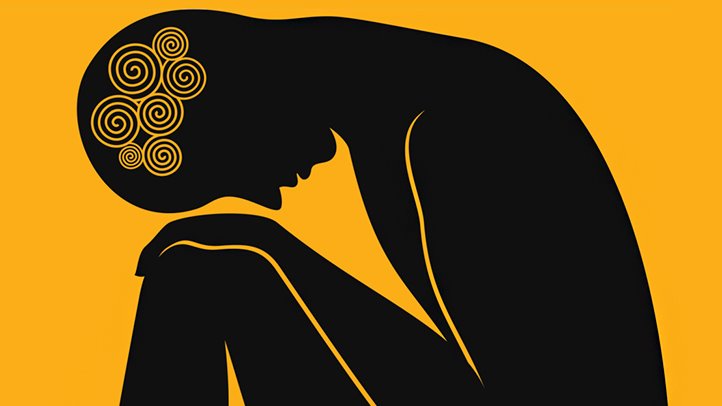Depression can be a debilitating mental health condition that can make it difficult to function in everyday life. It can be hard to reach out for help and ask for professional assistance. However, seeking professional therapy for depression can be incredibly beneficial in helping to manage the condition. Professional therapy can provide you with the right tools and strategies to help you cope with depression, and it can also provide you with much-needed support. Here are 5 reasons why you should consider seeking professional therapy for depression:
Definition and overview of depression
Depression is a condition that causes feelings of sadness and low mood. It can also lead to feelings of helplessness, guilt, and other negative emotions. Depression can affect people of all ages, including children and adolescents, and it can happen to people of any gender or ethnicity. Depression often lasts for more than two weeks, and while it can be treated, it can’t be cured. If you think you may be depressed, it’s important to seek help. There are many different types of depression. Major depression is the most common and is diagnosed when someone has a combination of certain symptoms that last at least two weeks. People with major depression might also have symptoms of anxiety or extreme fatigue. Other types of depression include bipolar disorder, post-partum depression, seasonal affective disorder (SAD), and dysthymia.
Benefits of professional therapy for depression
When you’re struggling with depression, it can be difficult to see a way out of the darkness. A therapist can provide you with an objective perspective and a new outlook on life that may help to shift your perspective and give you hope for the future. Here are some of the benefits of professional therapy for depression: – Confidentiality – You can discuss your issues in a safe, confidential space. You don’t have to worry about anyone finding out about your condition, and you can share your thoughts and feelings without the fear of judgment or criticism. – Improved self-esteem – Depression often leads to feelings of worthlessness and low self-esteem. A therapist can help you to shift your perspective and see your worth. A therapist can also help you to practice positive affirmations and positive self-talk to help boost your self-esteem. – Improved coping skills – Having the right coping skills is essential for managing depression. A therapist can help you to identify your triggers and provide you with coping strategies to deal with symptoms of depression. A therapist can also help you to develop a more positive outlook on life and improve your problem-solving skills. – Improved relationships – One of the biggest challenges of living with depression is that it can take a toll on your relationships. A therapist can help you to process your emotions and feelings in a constructive way that can help you to avoid taking your feelings out on others and damaging your relationships.
Types of professional therapy for depression
– Cognitive behavioral therapy – This type of therapy works by helping you to identify negative thoughts and beliefs and challenging them. CBT is excellent for managing depression and anxiety.
– Psychodynamic therapy – This therapy focuses on exploring and understanding your past to help you to develop a better understanding and awareness of yourself.
– Interpersonal therapy – This therapy is geared toward helping you manage your emotions and relationships with others.
– Humanistic therapy – This type of therapy focuses on the importance of your self-awareness.
– Psychotherapy – This is a type of therapy that works with all of the above.
– EMDR therapy – Eye movement desensitization and reprocessing (EMDR) is a type of therapy that focuses on processing negative emotions.
How to find a therapist for depression
If you are looking for a therapist for depression, you will want to find someone who specializes in treating this condition. You can visit the website of your country’s national health service, or you can also visit your doctor for a recommendation. You may also want to consider online therapy as a viable option. If you are going through a difficult time in your life, consider online therapy as a way to access help and support without having to leave your home. There are many different types of therapy available, including face-to-face therapy, online therapy, telephone therapy, and written therapy. You can decide which type is best for you based on your individual needs and preferences.
What to expect from professional therapy for depression
When you are in therapy for depression, it is important that you feel comfortable and safe when expressing your thoughts and feelings. As with any therapy treatment, you should be able to be open and honest with your therapist. Your therapist should also be non-judgmental and empathetic. You should be able to trust your therapist and feel like they are someone who can help you to work through your issues. Therapy can be a long and difficult process, but it can also be incredibly rewarding. You may feel like you are taking two steps forward and one step back at times, but with the right support, encouragement, and guidance, you can overcome your depression and live a happier and more fulfilling life.
Conclusion: The importance of seeking professional therapy for depression
There are many benefits to receiving professional therapy for depression, including the ability to process your emotions, gain new perspectives, and improve your coping skills. There are many different types of therapy available, so it is important to find a type that best fits your needs and preferences. You can find a therapist online or at your doctor’s office. When you are ready to seek professional help and assistance, you will find that therapy can be an incredibly beneficial and healing experience.
Photo by Toa Heftiba on Unsplash



